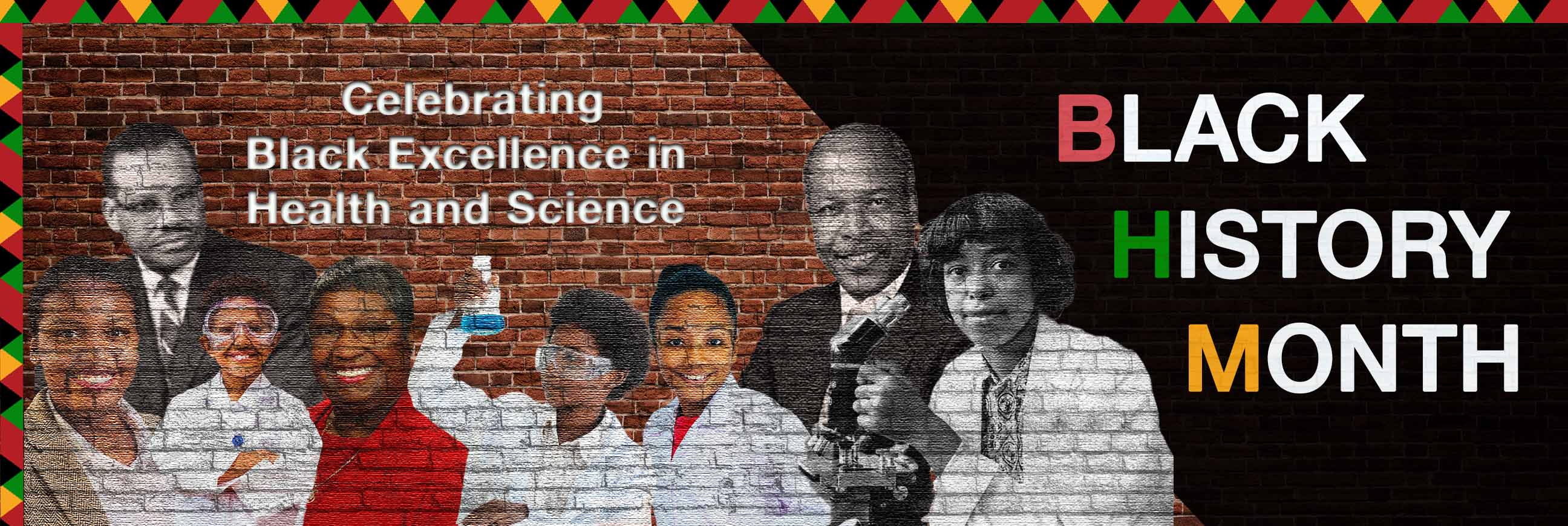
The Unseen Side of Black History Month
As we celebrate Black History Month, it’s crucial to delve into the lesser-known narratives that often get overshadowed by mainstream discussions. While the month is a time to honor the achievements and struggles of the Black community, it’s also an opportunity to reflect on the nuances and complexities that are sometimes overlooked.
One aspect that often goes unnoticed is the intersection of Black history with global perspectives. The impact of Black historical figures extends far beyond national borders, influencing movements and ideologies worldwide. From the Caribbean to Africa, the diaspora’s reach is profound and enduring.
 A diverse group of people celebrating Black History Month
A diverse group of people celebrating Black History Month
A Global Lens on Black History
Taking a global lens on Black history allows us to appreciate the interconnectedness of struggles and triumphs. The fight for civil rights in the United States resonates with movements for equality in other parts of the world. The echoes of leaders like Martin Luther King Jr. and Rosa Parks reverberate across continents, inspiring generations to stand up against injustice.
One cannot discuss Black history without acknowledging the resilience and creativity that have defined the community’s journey. From art to music, literature to activism, Black voices have shaped cultural landscapes and challenged societal norms. The vibrancy of Black culture is a testament to the richness of human experience and the power of storytelling.
Redefining Narratives
In reimagining Black History Month, we have the opportunity to redefine narratives and amplify voices that have long been marginalized. By centering the stories of LGBTQ+ Black individuals, disabled Black activists, and Afro-Latinx communities, we honor the diversity within the Black experience and recognize that there is no singular narrative of Blackness.
 A group of diverse individuals representing different facets of Black history
A group of diverse individuals representing different facets of Black history
Embracing Complexity
Embracing the complexity of Black history means confronting uncomfortable truths and challenging historical erasures. It means acknowledging the contributions of Black women, Indigenous Black communities, and Afro-Asian solidarity movements. It means recognizing that progress is not linear and that the fight for justice is ongoing.
As we navigate through Black History Month, let us remember that history is not just a series of events; it is a tapestry of lived experiences, untold stories, and enduring legacies. It is a reminder that the past is not confined to textbooks but lives on in the resilience of communities and the spirit of those who continue to push for a more equitable future.















